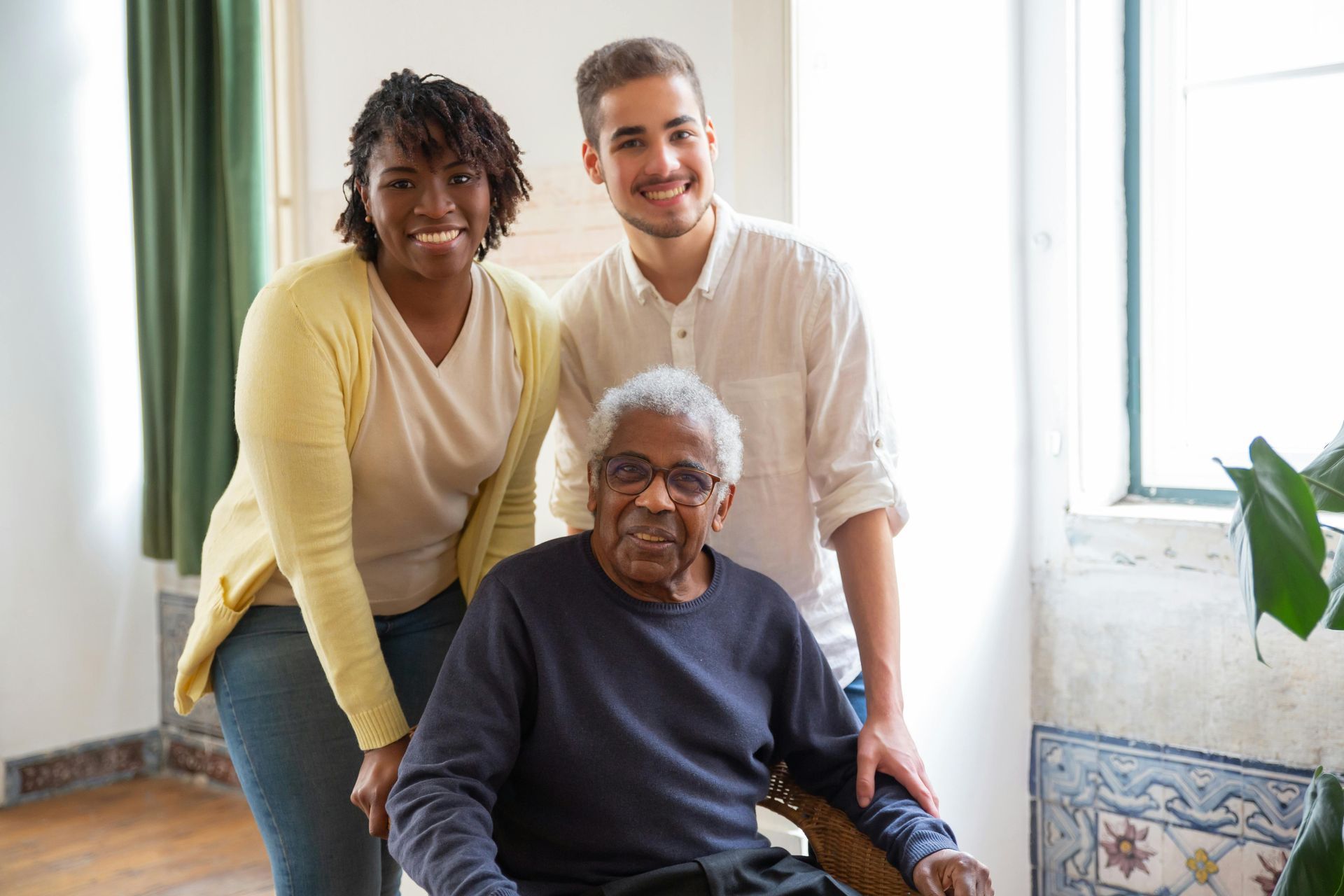Nurturing Compassion: A Guide to Supporting Loved Ones with Dementia from Diagnosis Onward
Receiving a dementia diagnosis can be a challenging and emotional experience for both individuals and their families.

The journey ahead may seem daunting, but with the right support, understanding, and compassion, families can play a crucial role in enhancing the quality of life for their loved ones. In this article, we explore various ways in which family members can provide unwavering support to individuals with dementia from the moment of diagnosis.
- Educate Yourself About Dementia
Knowledge is a powerful tool. Take the time to educate yourself about the specific type of dementia your loved one has been diagnosed with. Understanding the symptoms, progression, and potential challenges will enable you to provide informed and empathetic support. - Open and Honest Communication
Establishing open communication from the beginning is vital. Encourage your loved one to express their feelings and concerns, and be ready to listen without judgment. Maintain a positive and supportive atmosphere, emphasizing that you are there for them every step of the way. - Build a Supportive Network
Recognize that caring for someone with dementia is a shared responsibility. Reach out to friends, relatives, and support groups to build a network of individuals who can offer emotional support, share experiences, and provide valuable advice. Knowing that they are not alone can be immensely comforting for both the individual with dementia and their family members. - Create a Safe and Comfortable Environment
As dementia progresses, adapting the living environment becomes crucial. Make necessary modifications to ensure safety, such as installing handrails, removing tripping hazards, and adding labels to assist with orientation. Creating a calming and familiar space can significantly contribute to the well-being of your loved one. - Establish Routine and Consistency
Individuals with dementia often find comfort in routine. Establishing a consistent daily schedule can help reduce confusion and anxiety. Familiar routines provide a sense of predictability and stability, making it easier for your loved one to navigate daily activities. - Encourage Independence
While dementia may impact cognitive abilities, it's essential to encourage independence as much as possible. Involve your loved one in decision-making processes and activities that align with their capabilities. This fosters a sense of purpose and maintains a degree of autonomy. - Provide Emotional Support
Emotional well-being is just as crucial as physical well-being. Be attuned to your loved one's emotional state and offer comfort and reassurance. Engage in activities that bring joy and reminisce about positive memories. Laughter and shared moments can be powerful sources of connection. - Plan for the Future
Although it may be challenging, discussing future plans early on is essential. Work together to establish legal and financial plans, such as power of attorney and healthcare directives. Having these conversations while your loved one can actively participate ensures that their wishes are respected. - Stay Flexible and Patient
Dementia is unpredictable, and each day may bring new challenges. Stay flexible in your approach, adapting to the changing needs of your loved one. Patience is a virtue, and understanding that certain behaviors are a result of the disease rather than intentional actions can help cultivate a compassionate caregiving environment.
Supporting a loved one with dementia from the moment of diagnosis requires patience, empathy, and a commitment to understanding their unique needs. By educating yourself, fostering open communication, and creating a supportive network, you can contribute to enhancing the quality of life for your loved one and maintaining a strong, connected family unit throughout the journey of dementia caregiving.
For more information on dementia, feel free to contact us for a consultation.
Our Recent Posts
Book a Consultation
Contact Us
We will get back to you as soon as possible
Please try again later
All Rights Reserved | Caribbean MedPsych | Privacy Policy



